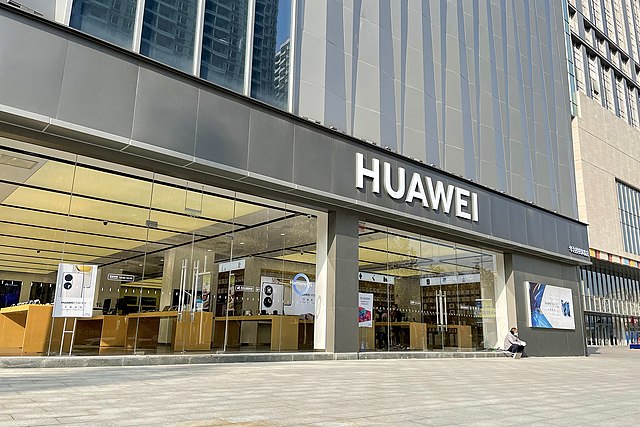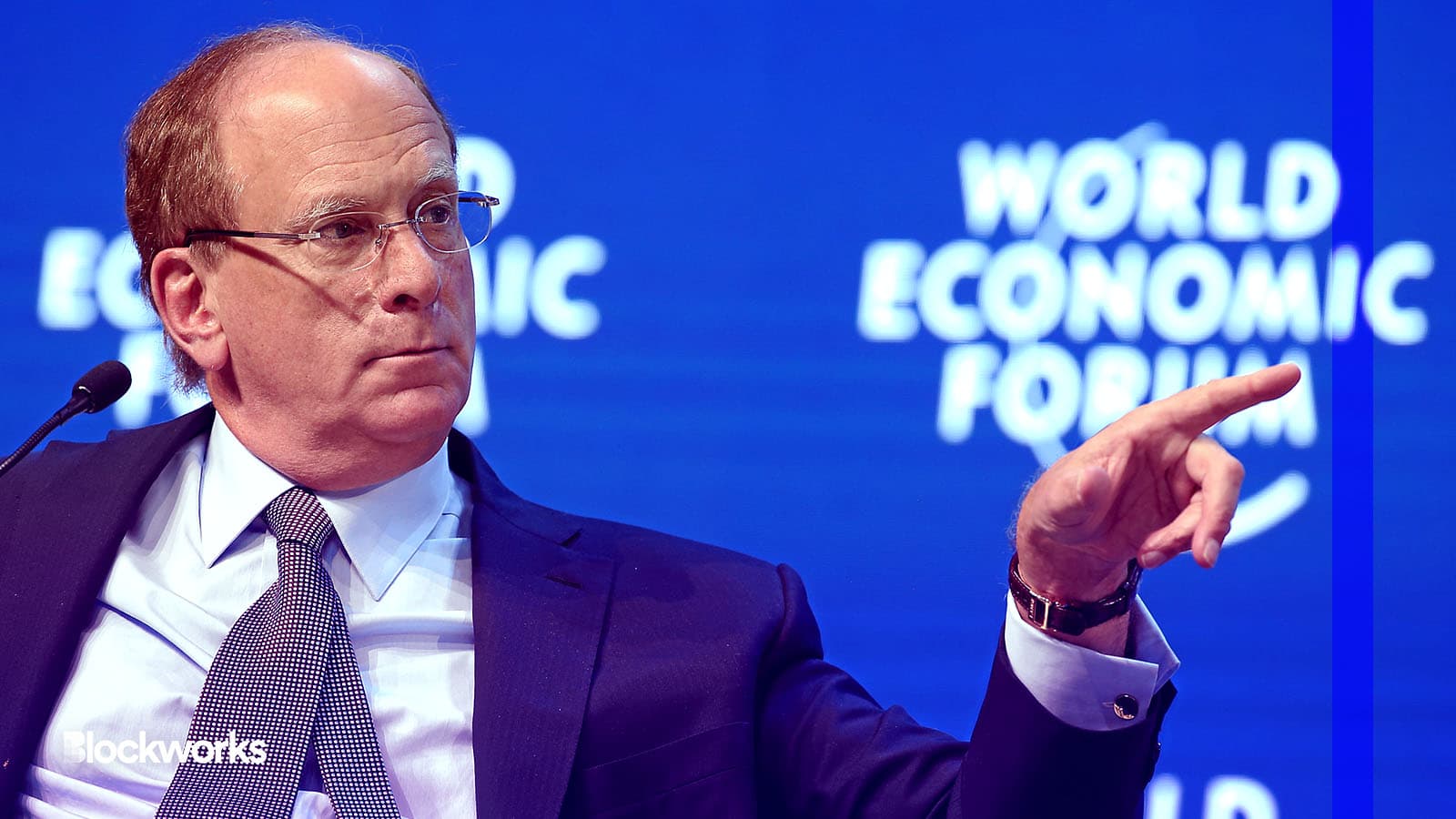The U.S. has revoked export licenses that allowed companies, including Intel (INTC) and Qualcomm (QCOM), to supply chips to China's Huawei Technologies, signaling a significant tightening of restrictions on the sanctioned telecommunications equipment maker. According to sources familiar with the matter, the U.S. Commerce Department confirmed the license revocations but declined to specify which companies were affected. The move follows Huawei's recent launch of its first AI-enabled laptop, the MateBook X Pro, powered by Intel's new Core Ultra 9 processor. This release triggered criticism from Republican lawmakers, who argued that the Commerce Department should not have permitted such sales.
A spokesperson for Intel declined to comment, while Qualcomm did not respond to a request for comment. "We have revoked certain licenses for exports to Huawei," the Commerce Department said in a statement, without providing details. This action was taken under pressure from Republican China hawks, who have been advocating for stricter measures against Huawei. Congresswoman Elise Stefanik noted, "This action will bolster U.S. national security, protect American ingenuity, and diminish Communist China’s ability to advance its technology."
Market Overview:
-The U.S. revokes export licenses for Intel and Qualcomm, restricting chip sales to China's Huawei.
Key Points:
-The move targets Huawei's laptop and smartphone production, potentially impacting its recent resurgence.
-The action follows pressure from Republican lawmakers concerned about national security and China's technological advancement.
-Huawei may face component shortages while U.S. suppliers grapple with lost business opportunities.
Looking Ahead:
-The decision intensifies the U.S.-China tech war and could escalate tensions further.
-Huawei's reliance on alternative chip sources and domestic production becomes crucial.
-The impact on U.S. chipmakers depends on their ability to find new markets.
The move could have significant implications for Huawei, which relies on Intel chips to power its laptops, as well as U.S. suppliers that have been doing business with the Chinese company. The Chinese Foreign Ministry expressed strong opposition to the U.S. measures, condemning the move as an abuse of export controls. Intel has also faced weak demand for its traditional PC and data center chips, losing $11 billion in market value last month after issuing a disappointing forecast.
Huawei, added to the U.S. trade restriction list in 2019 over espionage concerns, has seen suppliers receive licenses worth billions of dollars to continue supplying its goods and technology. Qualcomm had been selling 4G chips to Huawei handsets since 2020, and Intel received a controversial authorization in 2020 to supply central processors to Huawei for its laptops. However, the latest U.S. revocations mark a significant shift in strategy, further complicating Huawei's resurgence in smartphone sales and its burgeoning smart car component business.


